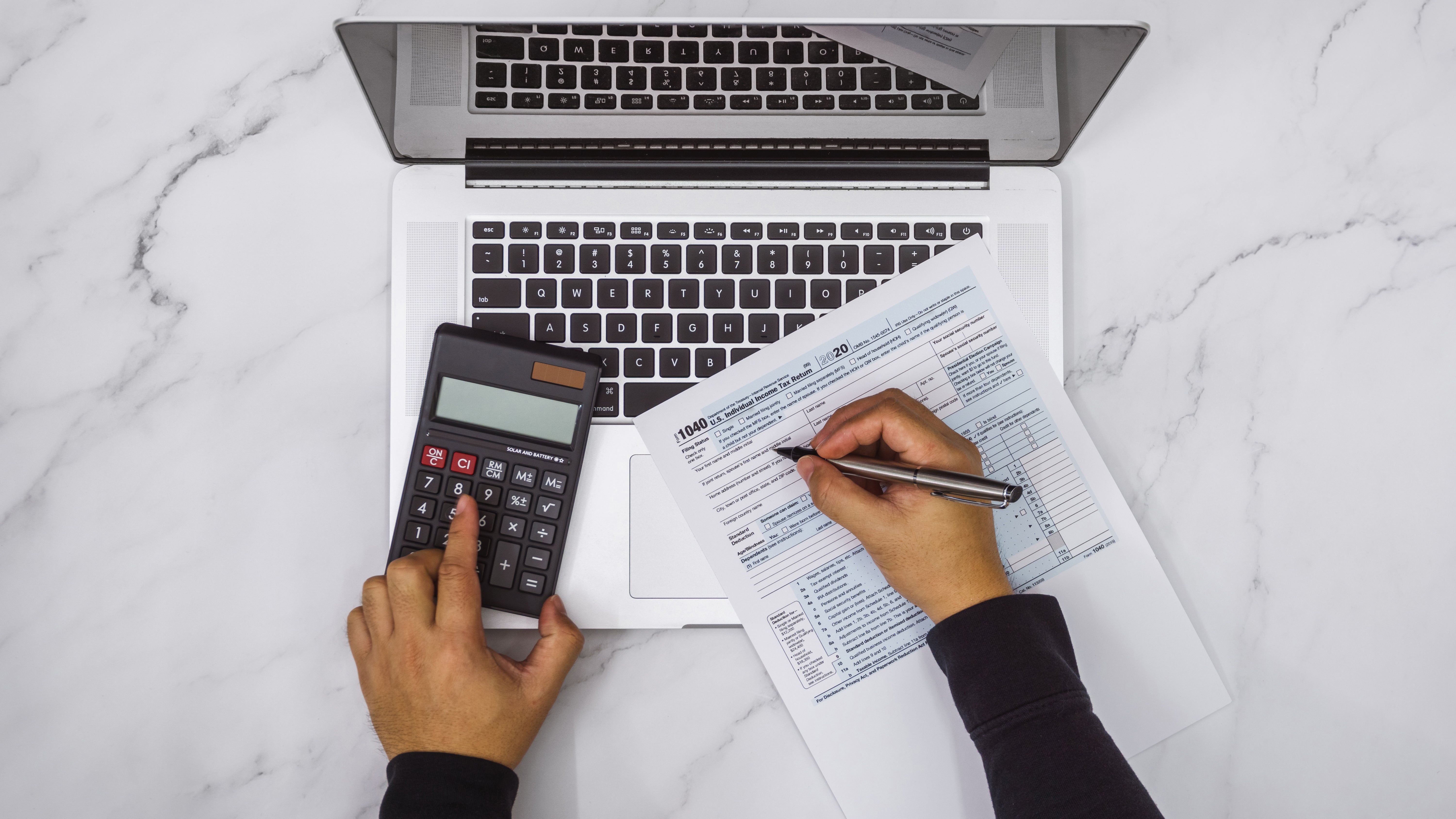Avoid stress, scams this tax season
Published 10:00 am Wednesday, February 22, 2023
For many people filing U.S. tax returns — especially those doing it for their first time — it can be a daunting task that’s often left to the last minute. But if you want to avoid the stress of the looming deadline, start getting organized as soon as possible.
Whether you do your taxes yourself, go to a tax clinic or hire a professional, navigating the tax system can be complicated and stressful. Courtney Alev, a consumer financial advocate for Credit Karma, recommends you go easy on yourself.
“Take a breath. Take some time, set out an hour, or go through it over the weekend. You’ll hopefully see that it’s a lot simpler than you think,” Alev said.
If you find the process too confusing, there are plenty of free resources to help you get through it.
When is the filing deadline?
Taxpayers have until April 18 to submit their returns from 2022.
What do I need to file my return?
While the required documents might depend on your individual case, here is a general list of what everyone needs:
—Social Security number
—W-2 forms, if you are employed
—1099-G, if you are unemployed
—1099 forms, if you are self-employed
—Savings and investment records
—Any eligible deduction, such as educational expenses, medical bills, charitable donations, etc.
—Tax credits, such as child tax credit, retirement savings contributions credit, etc.
To find a more detailed document list, visit the IRS website.
Tom O’Saben, director of tax content and government relations at the National Association of Tax Professionals, recommends gathering all of your documents in one place before you start your tax return and also having your documents from last year if your financial situation has drastically changed.
Theresa Grover, site coordinator for the Volunteer Income Tax Assistance (VITA) program at Northeast Wisconsin Technical College, also recommends taxpayers create an identity protection PIN number with the IRS to guard against identity theft. Once you create a number, the IRS will require it to file your tax return.
What if I make a mistake?
Mistakes happen, and the IRS takes different approaches depending on each case. In general, if you make a mistake or you’re missing something in your tax records, the IRS will audit you, Alev said. An audit means that the IRS will ask you for more documentation.
“Generally, they are very understanding and willing to work with folks. You’re not going to get arrested if you type in the wrong field,” Alev said.
What if I haven’t filed for years?
Wease explains that you can file taxes late and, if you were supposed to get a refund, you might still get it. If you haven’t filed for years and you owe money to the IRS, you may be hit with penalties but the agency will can work with you to manage payment plans.
How can I avoid scams?
Tax season is prime time for tax scams, according to the IRS. These scams can come via phone, text, email and social media. The IRS uses none of those means to contact taxpayers.
Sometimes scams are even operated by tax preparers so it’s important to ask lots of questions. If a tax preparer says you will get a refund that is larger than what you’ve received in previous years, for example, that may be a red flag, O’Saben said.
If you can’t see what your tax preparer is working on, get a copy of the tax return and ask questions about each of the entries.
Taxpayers are being asked to be especially vigilant against scammers who will be working extra hard trying to take advantage of them during this period.
One of the scams criminals are using involves calling taxpayers posing as IRS agents to steal taxpayer money and personal information.
“Taxpayers can avoid being victims of these scams by knowing the IRS will never ask for specific payments, threaten to bring in law enforcement or make any kinds of threats,” said James E. Dorsey, Special Agent in Charge, IRS Criminal Investigation, Atlanta Field Office. “I encourage taxpayers to read their rights as taxpayers.”
The Taxpayer Bill of Rights, adopted in 2014, has a set of fundamental rights taxpayers should be aware of when dealing with the IRS. A list and video explaining the 10 rights can be found at https://www.taxpayeradvocate.irs.gov/get-help/taxpayer-rights/.
Tips to avoid fraud:
1. Choose a tax preparer wisely. Look for a preparer who is available year-round.
2. Ask your tax preparer for their IRS Preparer Tax Identification Number (PTIN). All paid preparers are required to have one.
3. Don’t use a ghost preparer. They won’t sign a tax return they prepare for you.
4. Don’t fall victim to tax preparers’ promises of large refunds. If it’s too good to be true, it probably is. All taxpayers must pay their fair share of taxes.
5. Don’t sign a blank tax return. Taxpayers are ultimately responsible for what appears on tax returns filed with the IRS.
6. Make sure you receive your refund. Your refund should be deposited into your bank account, not your tax preparer’s.
7. The IRS will not call you threatening legal action. If you receive a call like this, hang up, it’s a scam!
8. Don’t respond to or click links in text messages, emails or social media posts claiming to be the IRS. They may contain malware that could compromise your personal information.
9. Protect your personal and financial information. Never provide this information in response to unsolicited text messages, emails or social media posts claiming to be the IRS.
10. Report fraud to law enforcement. Submit Form 3949-A, Information Referral, if you suspect an individual or a business is committing fraud.






